Apple’s big event yesterday was less about getting a look at new tablets and more about what’s inside of them.
The problem: Plastic waste persists because there aren’t many micro-organisms that can break it down — it’s built differently on a molecular level from the organic trash they typically eat.
It’s not just top athletes that’ll go toe-to-toe in Paris this summer — it will also be the stage for a showdown between hackers and cybersecurity teams.
.png)
What is audio data compression?
To turn music into a digital file, the sound wave is turned into data. The resulting files often leave out finer audio details but are smaller, which was important when people stored their music on a computer hard drive or MP3 player.

The problem: Melanoma affects 132,000 people every year globally. While surgery and radiation can treat the disease, especially if it’s caught early, cancer cells can linger.
.png)
SNL’s Colin Jost telling a room of journalists that they were training AI that would replace them might be less ‘White House correspondents’ dinner joke’ and more ‘preview of this week’s tech news.’
.png)
Investors who were unnerved yesterday morning ended up sleeping easy, thanks to some better-than-expected financials from major tech companies.
.png)
A lot of new technology goes through an initial “what is this good for” stage, but when it comes to generative AI, some folks are getting impatient for an answer.
.png)
Parameters are connections between data in an AI model. Developers refine parameters to guide an AI’s behaviour — giving connections more or less weight tells the AI that certain data and actions are more important than others.
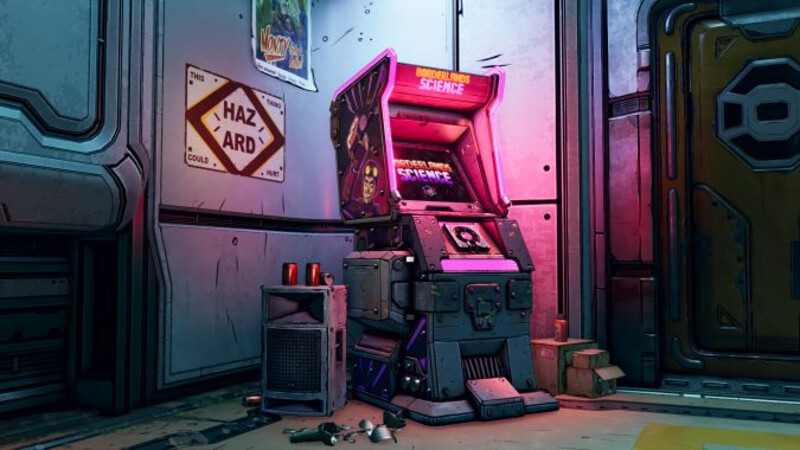
The human gut has a big impact on someone’s health, but exactly what that looks like is dictated by interactions between trillions of microbes that change drastically based on diet and lifestyle. All of those different variables can make researching it really complicated.

No one gets stoked about taxes, but that doesn't mean it’s all doom and gloom in the tech sector right now.
.jpg)
The TikTok bill is moving along with a tried-and-true strategy in U.S. politics: group a contentious bill with a bunch of unrelated stuff that’s more likely to pass.
What happened: Tonight, the U.S. House of Representatives is expected to take another run at a bill that would force TikTok’s Chinese parent company, ByteDance, to divest the app or face a ban.
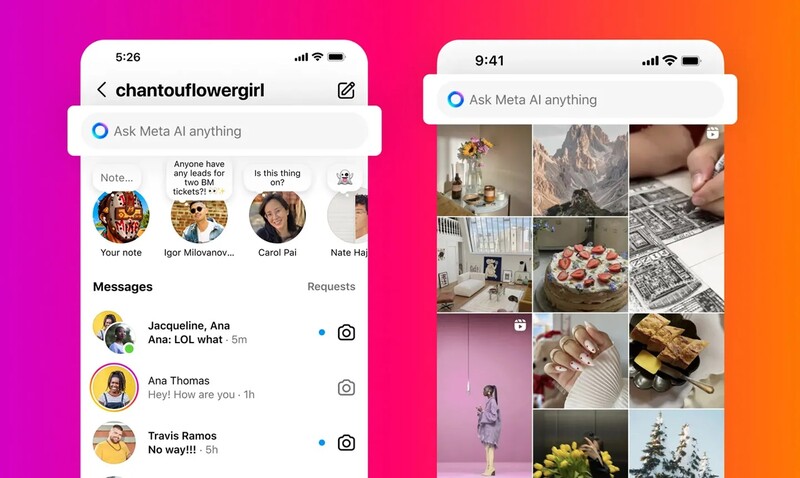
Don’t get distracted by Mark Zuckerberg’s new look — Meta’s AI news is worth paying attention to.
.png)
Halving is when the amount of bitcoin awarded for mining is cut in half. Mining is a metaphor for how bitcoin goes into circulation — put simply, computers run formulas to verify the code that keeps bitcoin transactions secure, and get shiny new bitcoin as a reward for their work. The reward is currently 6.25 bitcoin and will be cut to 3.125.
.png)
It’s easy to mock LinkedIn for its “hustle culture” posts and toxic corporate positivity, but that’s exactly what’s making the company a lot of money.
.jpg)
The government’s plan to support Canada’s innovation sector is less about opening its own wallet and more about sparking investments from elsewhere.
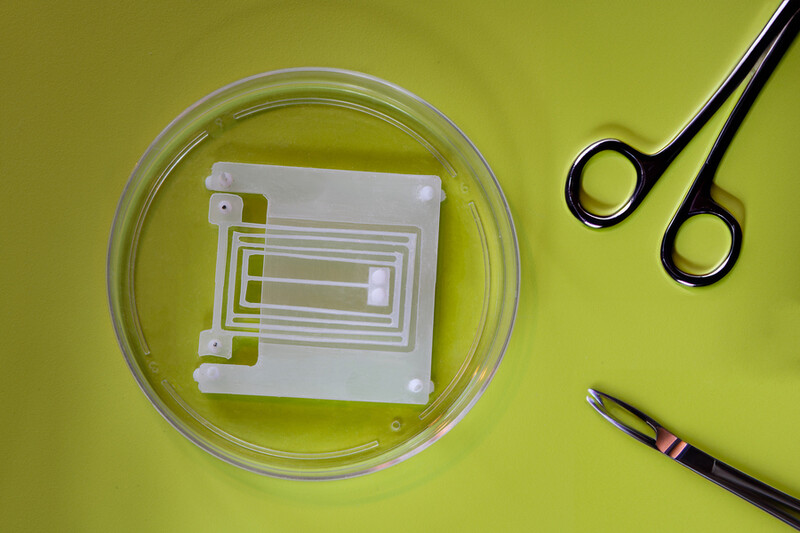
It’s hard to get robots to move smoothly. All of those rigid parts make for stiff movements and a lot of wasted energy, which — besides looking silly — doesn’t make them all that useful for the commercial settings they are being developed for.
.png)
A central processing unit (CPU) is a chip that acts like the brain of a computer, managing all of the tasks that keep a system going, from running programs to passing instructions to hardware. A CPU does this with a handful of “cores” — parts of the chip that quickly process data and handle instructions.
.png)
It turns out the key to breaking Big Tech’s hold on the browser market is letting people know that other options exist.

Prostate cancer is among the most common forms of the disease, with an estimated 25,900 new cases in Canada last year. It is highly treatable if caught early, but a diagnosis requires a three-stage MRI, with the last stage involving an injection of contrast dye to make the scan easier to read.

It’s important for you to digitally back up your photos and documents, a lesson some countries are putting into practice.
.png)
Students who are sick of not being allowed to use AI to finish their work might want to transfer to a business school.
.png)
Made-for-advertising (MFA) sites are crammed with as many ads as possible, drawing in visitors with spammy clickbait, fake news, and conspiracy content.
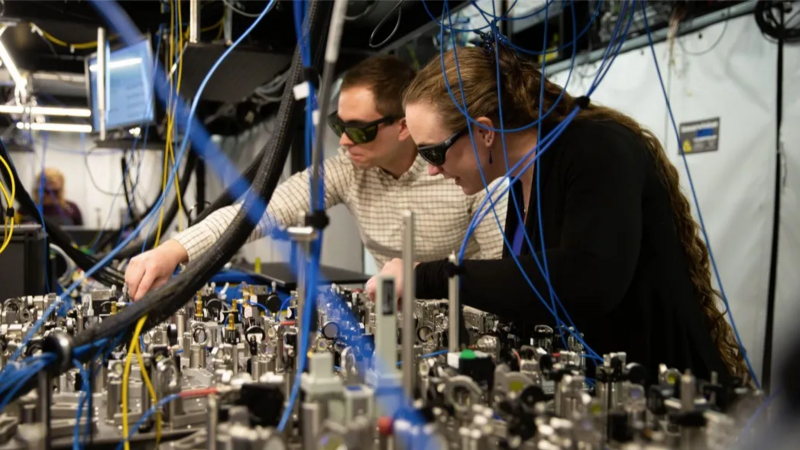
There’s been a big leap forward in making a potentially revolutionary technology less accident-prone.
.png)
While you were enjoying the long weekend, engineers and developers were fixing what could have been one of the biggest cybersecurity incidents of all time.

The problem: No one is exactly sure how memories are formed. Scientists know certain parts of the brain play an important role, as do electrical signals passing between neurons, but precisely how stuff gets encoded in your mind remains a minor mystery.
.png)
Think about the last time you had ChatGPT write something for you and consider this: Would you be comfortable with that bot giving a teen mental health advice?
.png)
What is a zero-day vulnerability?
Any security flaw or vulnerability in a computer system that its owners or developers don’t know about.

The government revealed what recent changes to the law regulating foreign investments in Canadian companies will mean for investors: more paperwork.
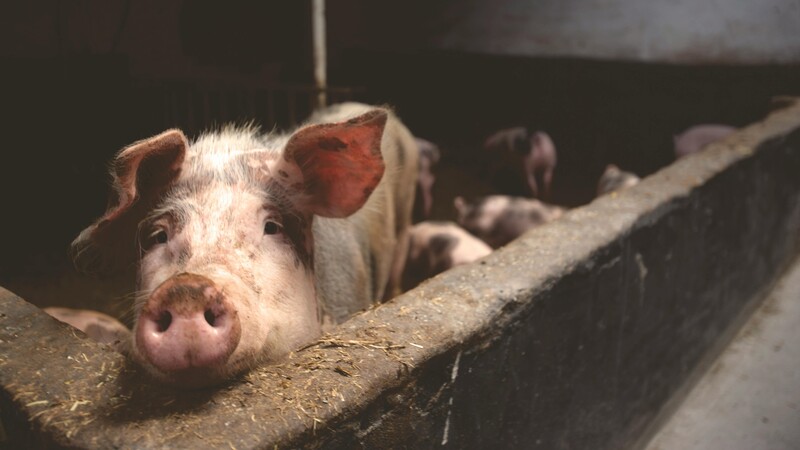
A lot of people are waiting for life-saving organ donations, especially kidneys. According to the Canadian Institute for Health Information, nearly 1,800 kidneys were transplanted in 2022, but 2,813 people were still on waiting lists and 117 died before getting one.
.png)
The tuition for Spotify University could be the latest way the streamer gets as much money as it can from its users.
.png)
Before we get too far into it, let’s answer a burning question: Yes, someone dressed as Reddit’s alien mascot rang the NYSE’s opening bell on Thursday.
.png)
What is retail media?
It’s when retailers use their customers’ purchase data to target ads across the internet. If you buy peanut butter, your grocery store might start hitting you with peanut butter ads when you visit websites, social media platforms, and even while watching TV.
.png)
An app store that was meant to get more developers and users interested in AI might be doing just the opposite.

The problem: Nature-loving Canadians have to be extra diligent about their post-hike tick check thanks to climate change. Longer summers let more ticks survive and reproduce, mild winters mean tick season is starting earlier, and animals looking for new habitats are carrying ticks to more places. All of this adds up to higher rates of Lyme disease, for which there is no human vaccine.
.png)
Apple’s latest stealthy acquisition brings a Canadian startup into AI plans that are slowly coming into focus.

Yes, Mark Zuckerberg talking to his glasses in a onesie could be a breakthrough moment for smart glasses.
.png)
Most online arguments are pretty easy to ignore, but sometimes the arguments are about how to spend billions of dollars on a world-changing technology.
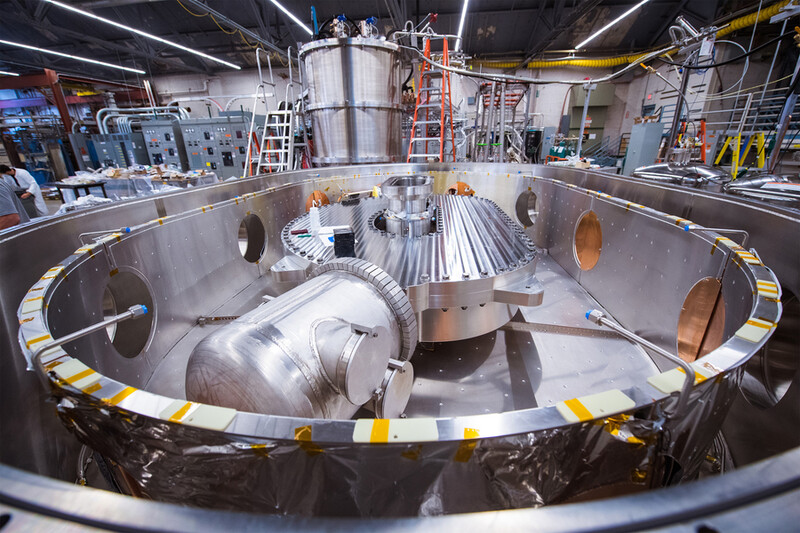
In 2021, when MIT researchers proved that nuclear fusion — how stars combine atoms to generate energy — could be replicated to provide power here on Earth, there was a caveat: The superconducting magnets needed were so large and costly that the process was light-years away from being practical.
.png)
How can I get my idea turned into an emoji?
You’ll need to submit it to the Unicode Consortium, which begins accepting proposals again on April 2.

It turns out that a sci-fi-looking orb that scans and stores your biological data might raise some questions from privacy regulators.

The problem: Gas-powered cars are a big contributor to the world’s carbon emissions, but the transition to electric vehicles is sputtering as consumers remain skittish about pricey purchases. Toyota is one of the biggest skeptics among major automakers, estimating that the EV market will top out at 30% of drivers, meaning that carbon reduction will have to come from elsewhere.
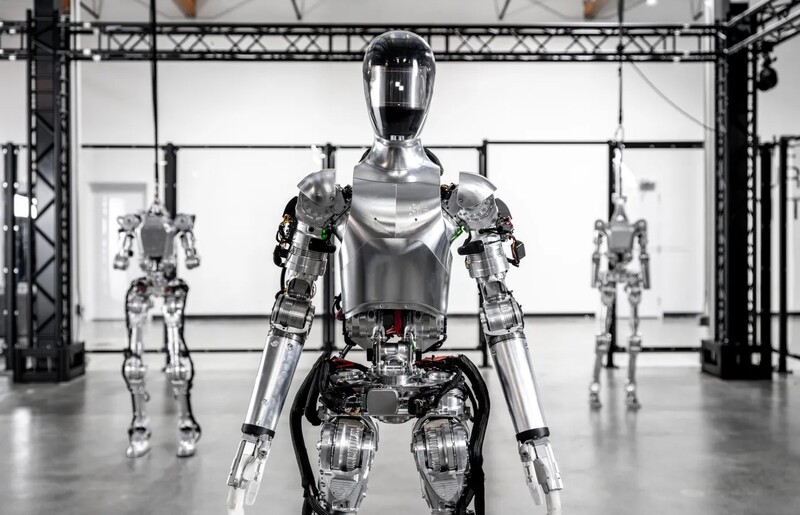
The market for human-looking robots just got a lot more money pumped into it.
What happened: Figure AI announced a US$675 million Series B round that values the two-year-old robotics startup at US$2.6 billion. Some big names in tech seem to think it’s a solid enough bet that their cash comes with new partnerships.
.gif)
What is a diffusion transformer?
It’s actually a combination of two concepts — diffusion and transformers — that make better-performing AI image and video generators.
.png)
Be less worried about your smart toothbrush’s security and take a look at the office WiFi router instead.
.png)
Debates about regulating online content and the safety of children can get… heated, to say the least. So before the yelling starts, let’s take a look at what tech companies will actually be expected to do under the Online Harms Act.
.png)
The problem: Prescribing antidepressants involves a bit of trial and error: Between 40% and 60% of patients don’t respond to the first antidepressant they’re prescribed. Studies have shown that genetics account for up to 42% of variations in how patients with similar symptoms respond differently to the same medication.
.png)
The Mobile World Congress in Barcelona has become a major event for tech companies to show off their new phones, wearables, and software features. Here’s what’s getting the most attention (and why).
.png)
What are AI tokens?
The smallest units of information that AI breaks words and sentences into to make them easier to process. How many tokens an AI can process at once is called a “context window,” and it can include multiple prompts and requests, letting a system consider several things you might have told it at once.
.png)
Tech companies that want to catch an investor’s eye need to think less about flashy moonshots and more about old-fashioned returns on investment.
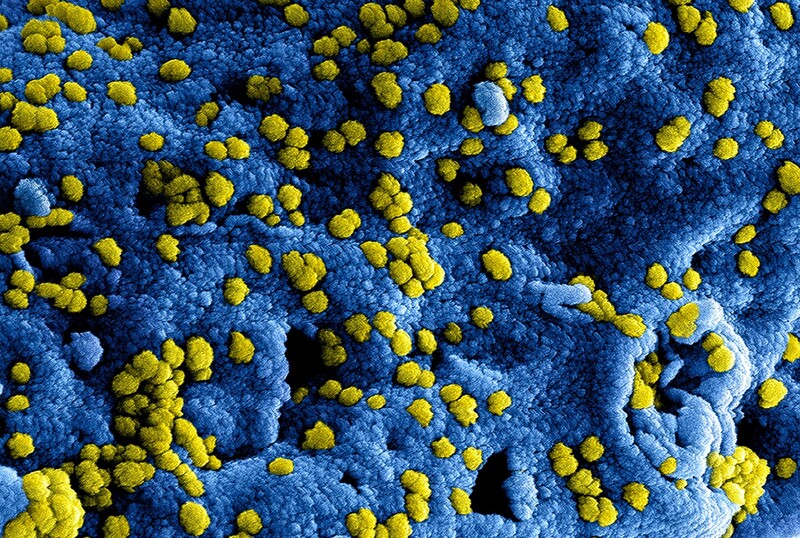
The problem: Climate change is thawing out permafrost. When the preserved microbes within the permafrost wake up, they begin breaking down the dead plant matter around them, releasing more carbon into the atmosphere.
The solution: Scientists at Ohio State University are researching if viruses could stop the vicious cycle.
.png)
Walmart's new acquisition isn’t about making money selling TVs — it’s about selling the ads people watch on them.
.png)
What is a data clean room?
A secure platform where companies can share and compare their customer data.
Why would you need a special platform for that?
Most of what’s shared in a clean room is personally identifiable data — email addresses, purchase data, IP addresses — that a company has but isn’t allowed to share. A clean room ensures that sensitive data brought in doesn’t come out, which is generally considered to be safe under most privacy regulations.
.png)
The corporate sector’s mad dash for AI may be leaving sustainability goals behind.
Driving the news: Data centres are driving up electricity demand, which is expected to double by 2026. While some of this can be attributed to more internet use and electrification in countries like China, a big culprit is AI, which requires massive amounts of data processing.
.png)
How did ArriveCan, an app for screening travellers during the COVID-19 pandemic, become a spending scandal that has dogged the government for over a year?

The Gemini AI model-slash-chatbot isn’t just Google’s effort to catch up with OpenAI — it's an experiment that could totally change the company’s future.
.png)
C2PA is a group started by Adobe and Microsoft to find ways to certify online media’s provenance: where it comes from and how it was created. This information includes if an AI platform was used to create a piece of media, helping companies curb deepfakes and disinformation. The C2PA acronym also sometimes refers to the metadata standard the coalition created.
.png)
The government might need to step up its game if Canadian startups are going to keep up in the AI race.
What happened: Industry Minister François-Philippe Champagne signed a letter of intent with Nvidia. Details have not been released, but Champagne said in an X post that the government and chip maker would “explore opportunities” to create AI computing power in Canada.
.png)
If you want your company’s AI adoption to go smoothly, maybe you should put it in a corner office.
Driving the news: Companies across sectors have been hiring chief AI officers (CAIOs), from Accenture and GE HealthCare to eBay and Ashley.
%20(7).gif)
They’re coming: job postings for entry-level roles requiring 10 years of AI experience.
Driving the news: Ever since the launch of ChatGPT in 2022 and the resulting frenzy over AI-powered technology, businesses including Equifax, Accenture, and Ashley have been scrambling to hire executives to lead their AI initiatives, per The New York Times.
.png)
Computers that use principles of quantum physics to run computations, which could make them really fast. Typical computers use bits, units of data that can either exist as a 0 or a 1. Quantum computers use quantum bits, or “qubits,” which can be a 0 and a 1 simultaneously. In quantum physics, this is called superposition.

The federal government’s plan to be a first buyer for Canadian startups is falling short of its goals.
.gif)
Automakers navigating their electric transitions need a bit of tech support.
Software issues forced Volvo to delay deliveries of the EX30 electric SUV. Though the unspecified glitch has been resolved, new vehicles were held back by roughly two weeks. This was after production on Volvo’s high-end EX90 was pushed from late last year to mid-2024 to give it more time to ensure its complex software worked properly.
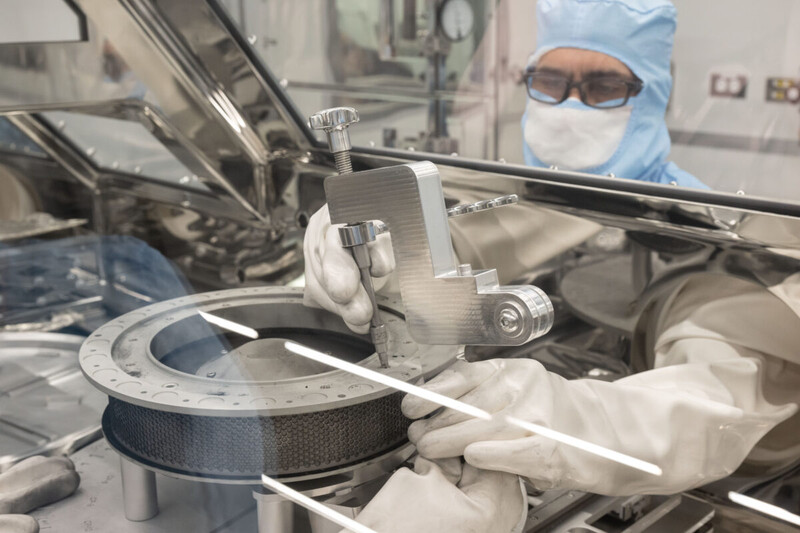
Lids get stuck. Sometimes it’s a pickle jar, and sometimes it’s a container full of dust from a 4.5 billion-year-old asteroid. That latter is what NASA faced last fall when it recovered the canister from a space rock named Bennu. NASA uses sterile environments so samples don’t get contaminated by Earth air, but none of the tools approved for the locked-down boxes could remove the final two of 35 fasteners.

If you don’t trust Elon Musk to stick stuff into your brain, the good news is he’s not your only option.
What happened: Musk’s Neuralink implanted its first chip into a human brain. The company has not made a formal announcement, but Musk posted on X that the recipient is “recovering well” with “promising neuron spike detection,” presumably referring to activity between the cells that send messages throughout the body.
.gif)
What is end-to-end encryption?
A messaging system where only the users can participate. This means your internet provider, mobile provider, law enforcement and even the company that makes the app you are using can’t read your messages.
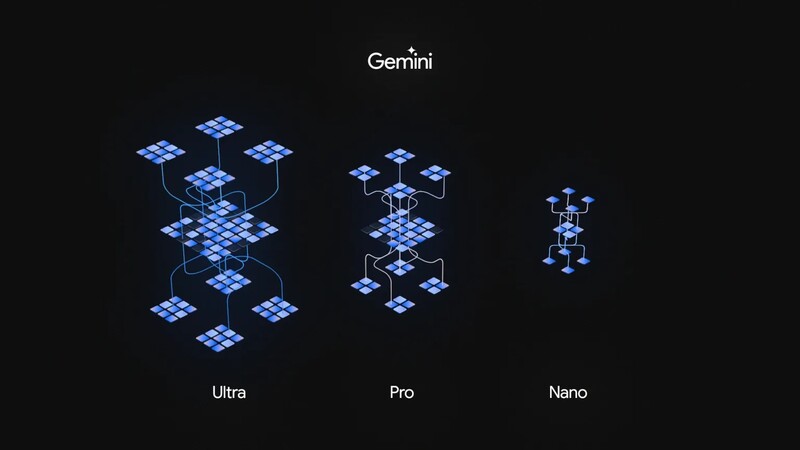
Anyone paying attention to Google’s big AI announcement on Wednesday may have been left with two main questions: how is it different from ChatGPT, and is it any good?

Amazon is still preparing to send its first satellite into space, but it has started laying the groundwork for bringing its internet service to Canada.
What happened: Amazon’s job site currently has a posting for a country manager to run Project Kuiper, the company’s satellite broadband internet service, in Canada.

The problem: Because no one’s accessibility needs are exactly the same, there isn’t a one-size-fits-all way to make video game consoles accessible to people with disabilities.
The solution: Sony’s Access controller for the PlayStation 5 is a modular device that allows players to arrange and remap the buttons to pick a configuration that works for them.
.png)
More than 50 organizations have joined together to get the industry on board with open AI (no, not that one).
What happened: Meta and IBM are leading what is called the AI Alliance, a group advocating for an open source approach to developing AI, saying it is the faster way to innovate and identify societal risks.
.png)
People are used to getting surprises when they sign up for 23andMe, but “some hackers got their hands on your DNA” usually isn’t among them.
What happened: 23andMe disclosed that an October data breach allowed hackers to steal data from 6.9 million users.

What is the Online News Act?
A law coming into effect in a few weeks that would see certain tech companies pay Canadian publishers in exchange for having news on their platforms. It is based on Australia’s News Bargaining Code, which mandates that tech platforms enter a negotiation process with outlets to determine that number.
How do the tech companies feel about it?
Meta pulled news from its services so it didn’t have to be bound by the Act’s terms. Google was prepared to do the same, but reached a deal with the government this week.

A big step forward in a legal battle between farmers and the leading equipment manufacturer in North America could also advance right-to-repair rules for everyone.
Driving the news: A U.S. judge rejected John Deere’s motion to dismiss a lawsuit from farmers claiming the company is actively restricting services for maintenance and repair.
Driving the news: A U.S. judge rejected John Deere’s motion to dismiss a lawsuit from farmers claiming the company is actively restricting services for maintenance and repair.
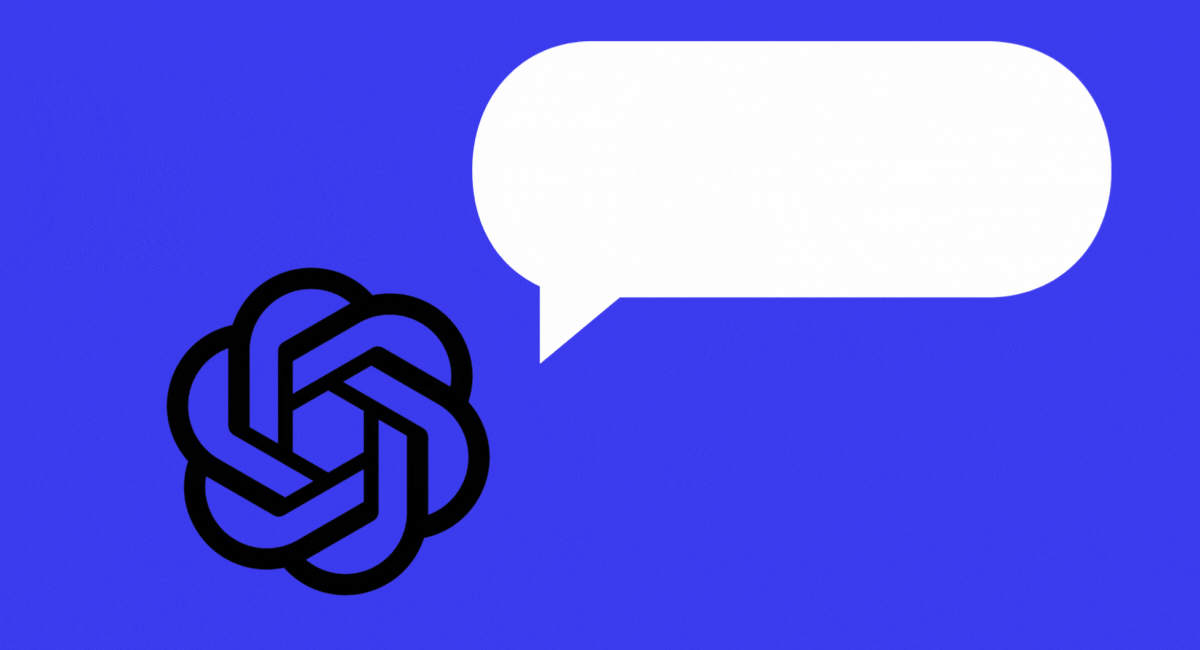
Getting math problems wrong isn’t the only way ChatGPT is becoming less smart — apparently, it is pretty easy to trick into sharing its secrets (including, potentially, yours).
What happened: Researchers from Google’s DeepMind and five universities discovered an “attack” prompt for ChatGPT that got the platform to share parts of its training data, revealing personal information of random people and copyrighted material.

Between decommissioned satellites and bits shed from spacecraft, humans leave a lot of metal in the atmosphere. That reflective junk creates light pollution, bashes into the International Space Station, and — when it falls out of orbit and into the atmosphere — burns up into millions of tiny metallic particles.
.gif)
What might be the least desirable job in all of Canadian tech — helping the government update thousands of aging software platforms and apps — is about to become vacant.
What happened: Catherine Luelo, the government’s chief information officer, will be leaving her post in December after roughly two years on the job. A letter to staff did not give a reason for her departure.
.gif)
Regulators might be playing catch-up when it comes to keeping the tech sector competitive, but they are working hard to make up for lost time.
What happened: The U.K.’s Competition and Markets Authority has effectively blocked Adobe’s US $20 billion acquisition of Figma until the companies remedy anti-competitive issues it has identified.

One of the foremost researchers in artificial intelligence is hoping people will keep an “open mind” about where his new lab is getting its money.
What happened: Openmind, a new AI research lab from Canadian AI pioneer Richard Sutton, is getting $4.8 million in funding from Chinese technology giant Huawei.

If you’ve been wondering what “EA” means as you’ve been reading about the Sam Altman/OpenAI saga or why those “e/acc” accounts on X are so riled up about it, now might be a good time to get up to speed.

Even with all the screens and smart features, the basic form of a refrigerator hasn’t seen much innovation since the 1960s: A big box with thick foam that uses a lot of power. But Whirlpool might have changed that.

Housing and the cost-of-living crisis got the most attention in the government’s fall economic statement yesterday, but it also had some (eagerly awaited) support for parts of the tech sector.
What happened: The government is putting big bucks into making carbon capture and other environmental tech more economically viable.

It looks like Sam Altman is going to end a whirlwind five days at the same place he started it: as CEO of OpenAI.
What happened: After reopening negotiations amid intense pressure from investors and staff, OpenAI’s board stepped down and paved the way for Altman to be reinstated.
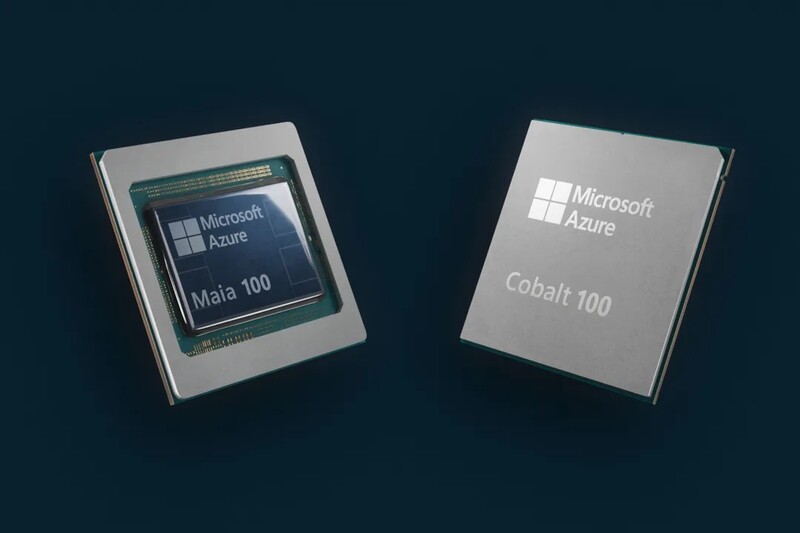
Just like making nachos at home is cheaper than getting them delivered from a restaurant, Microsoft hopes making its own computer chips will help rein in its AI costs.
What happened: Among the many AI-related announcements Microsoft made at its Ignite conference this week was a pair of new chips it will build itself, geared towards reducing the costs of delivering its sprawling suite of services.
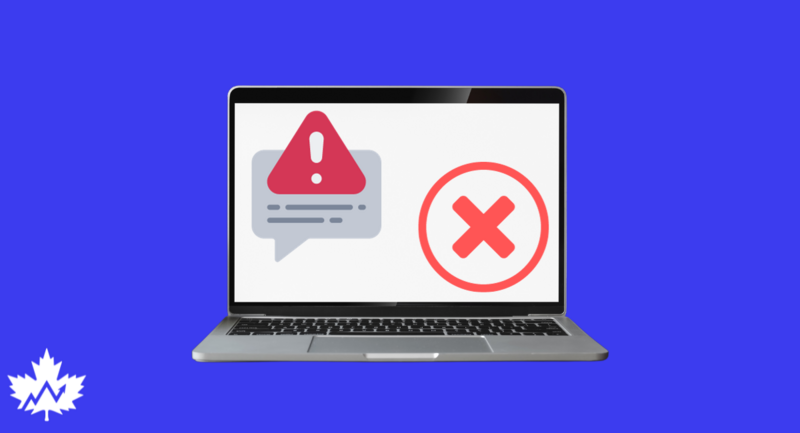
In Mad Men, Don Draper pulled airline ads so they wouldn’t run next to newspaper stories about a plane crash. Now imagine if that was happening all the time, every day, to every online news site.

It’s not quite Matt Damon starting a potato field on Mars, but recent experiments could help make moon farms a real possibility.
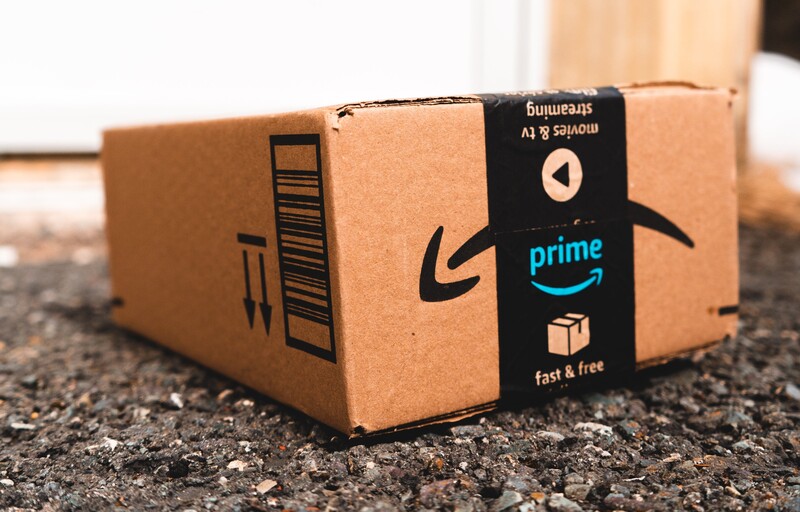
The fall season brings colourful leaves, pumpkin spice lattes — and, if you work in tech, the unfortunate, looming spectre of layoffs.
What happened: Amazon cut 180 positions from its gaming division after shutting down its Crown streaming channel and Game Growth marketing platform. The company plans to focus its efforts on Prime Gaming, which has plans to release new Blue Protocol, Tomb Raider and Lord of the Rings games.
.png)
The half-million people who lived their dream of hearing Freddie Mercury cover System of a Down thanks to AI might soon be disappointed.
What happened: YouTube laid out its policy for AI-generated videos, which will make creators identify when videos have been created or altered using AI. It will also give people the ability to request the takedown of “deep fake” videos impersonating them.



.png)
.png)

.png)
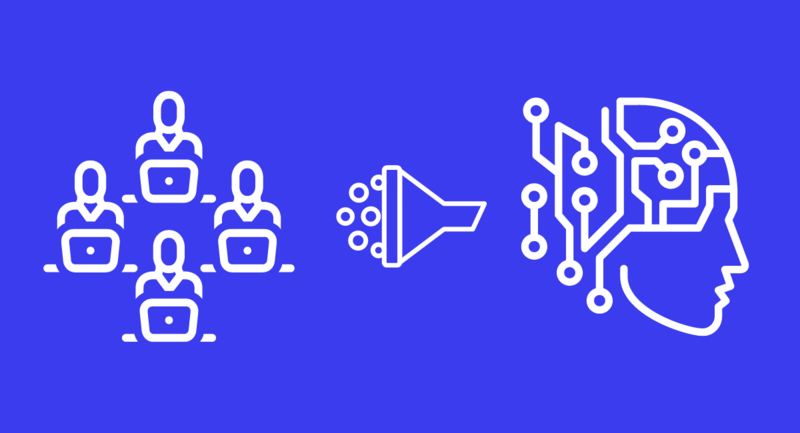
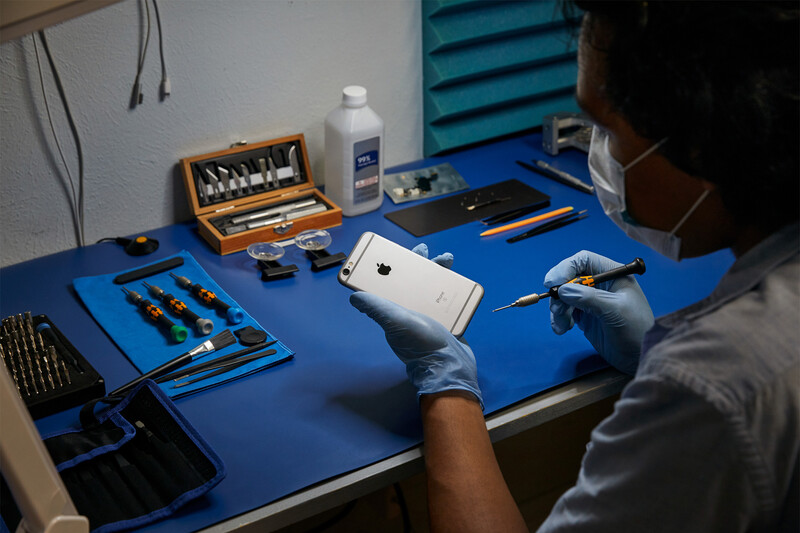
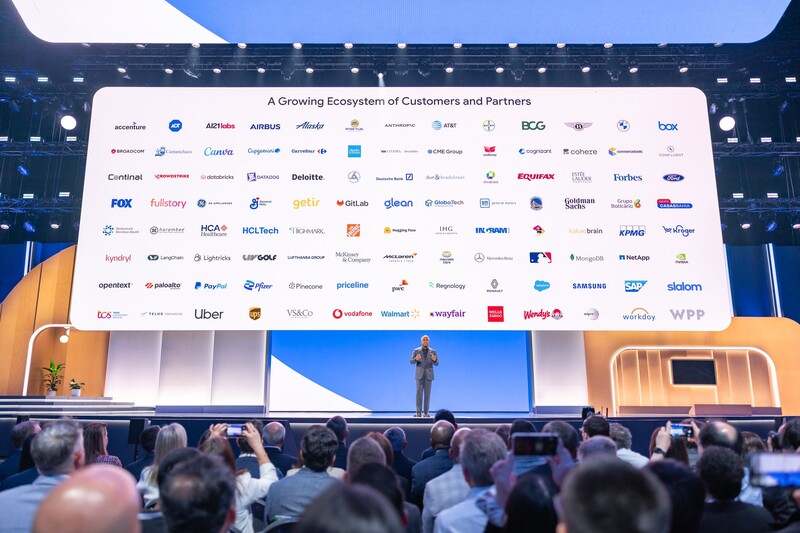
.png)
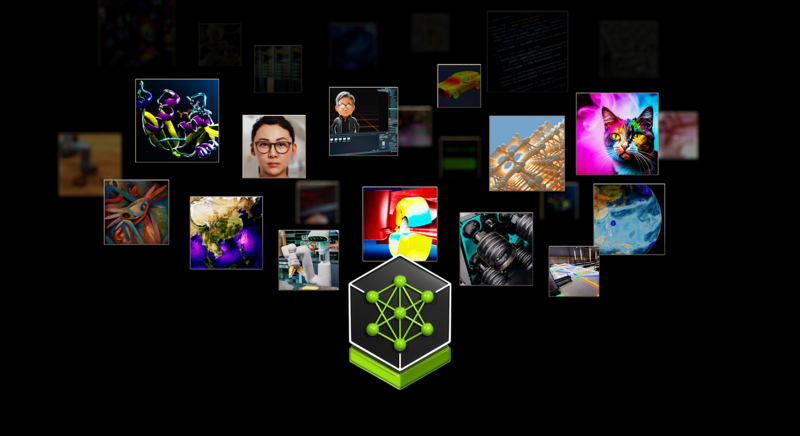
.png)
.png)
.jpg)
(1).png)

.png)
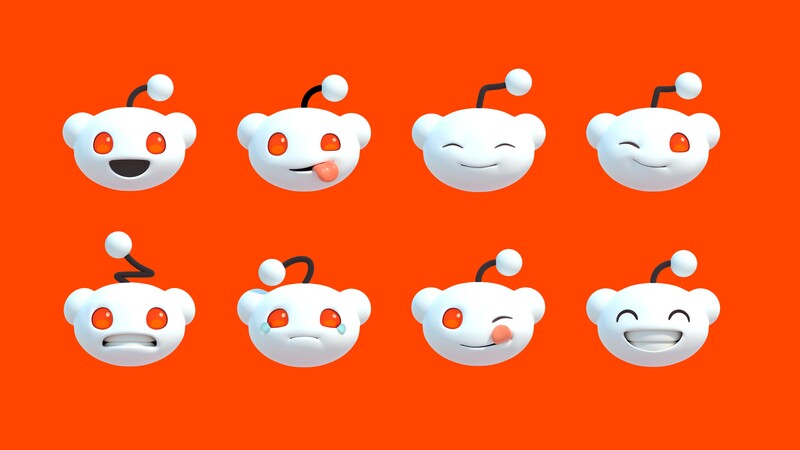
.png)
.gif)